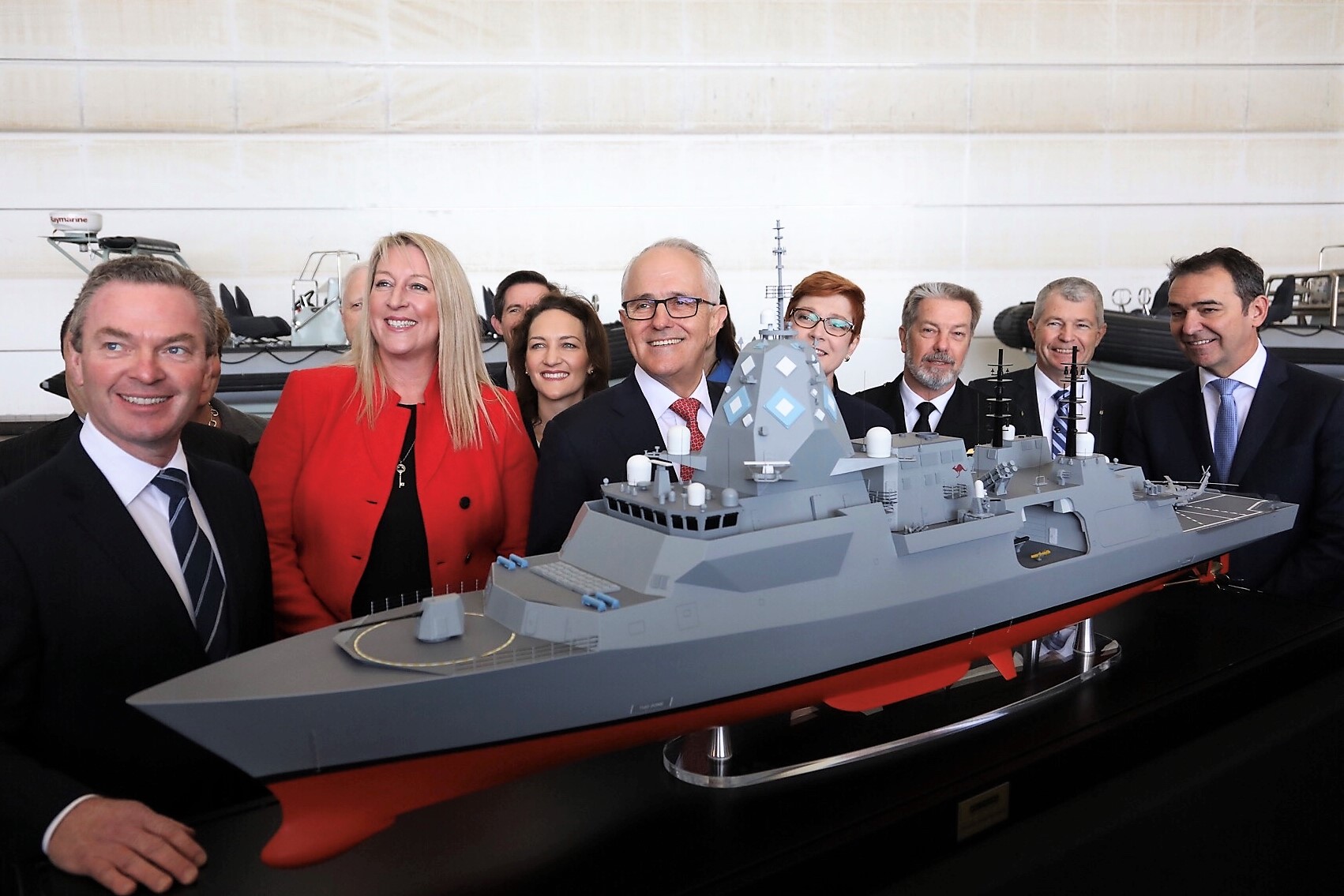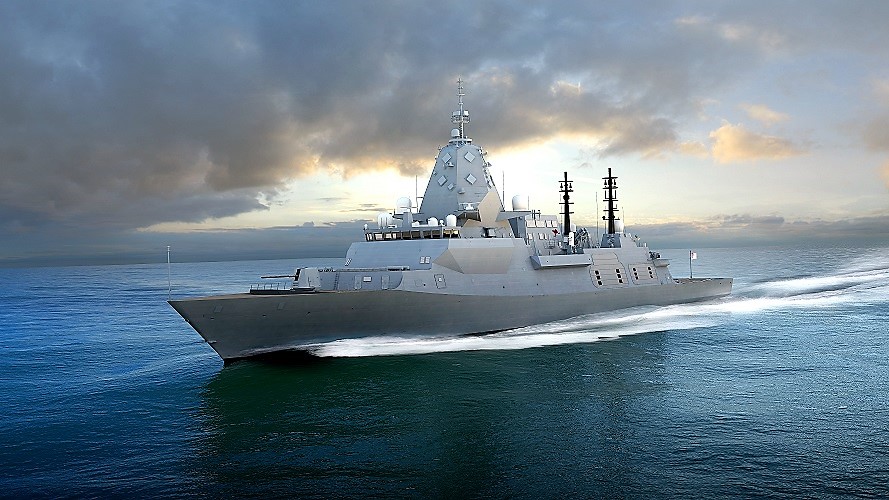
The $35 billion SEA 5000 Future Frigate program promises to be a boon for the SA economy – and training and employment opportunities in the State.
Flinders University, which last month signed a research and development MOU agreement with BAE Systems Australia, congratulated the company for its successful bid today (announced 29 June 2018), with much of the design and construction in South Australia promising to open up hundreds of new opportunities for graduates from the university and VET sectors.
With the competition intense and all contenders outstanding global shipbuilders, Flinders looks forward to working closely with BAE and its partners to help train the shipbuilding workforce of the future.
This will include training and use of the latest advanced manufacturing technologies and state-of-the-art training facilities at the Tonsley Manufacturing Innovation Hub, along with a range of other research and training collaborations.
Under the recently signed Memorandum of Understanding (MOU), Flinders University will have access to BAE Systems’ digital shipbuilding tools, processes and methodologies and turn these into development programs to train the people who will build the Future Frigates and integrate the ships’ complex operating systems.
The research and development collaboration will have an emphasis on autonomous marine vehicles, a future technology that could greatly enhance Australia’s capability to detect and deter submarines.
Flinders University Vice-Chancellor Professor Colin Stirling says: “We congratulate BAE Systems for its successful bid for SEA 5000 and look forward to working collaboratively in support of the Future Frigate program.
“Projects like this will greatly accelerate South Australia’s efforts to generate highly skilled jobs and sophisticated manufacturing companies.
“We are committed to working with BAE to help build the skills and capability base necessary to ensure that Australia is able to fully leverage the employment and industry dividends that will flow from the Future Frigate project,” Professor Stirling says.
Flinders University’s Deputy Vice-Chancellor (Research) Professor Robert Saint, Defence Partnerships Director Mr Tony Kyriacou and the Director of Flinders’ Centre for Maritime Engineering Associate Professor Karl Sammut are in the UK in discussions with BAE and mutual partners.

The proposed fleet of nine highly-advanced frigates, the largest peace-time warship building program in Australian naval history, will transform the Royal Australian Navy’s and Australia’s sovereign shipbuilding capabilities.
The new ships – called the Hunter Class – will be built in Australia using Australian steel, and signal a dramatic shift in both combat and industrial capability.
The Osborne Naval Shipyard and other facilities at Port Adelaide will be the focus of the program to replace the in-service ANZAC class frigates, with work commencing in 2020.
Beyond the ships’ construction, BAE Systems Australia and Flinders University will forge a new relationship that aims to train the shipbuilding workforce of the future, and develop new ways to provide enhanced capabilities.
In 2017, Flinders University became a member of BAE Systems Australia’s Joint Open Innovation Network (JOIN), a national initiative to drive research, development and innovation of defence technologies. The Joint Open Innovation Network will focus on activities to support the upgrade of the Jindalee Operational Radar Network (JORN) and the development of future JORN and intelligence surveillance reconnaissance capability.
Professor Stirling says Flinders University welcomes this important connections with BAE Systems.
“The opportunity to work with leading international partners is aligned with Flinders’ strategic priorities and we look forward to working collaboratively on research and training initiatives that are supporting Australia’s advanced manufacturing industry, furthering research and contributing to employment and economic growth,” Professor Stirling says.

